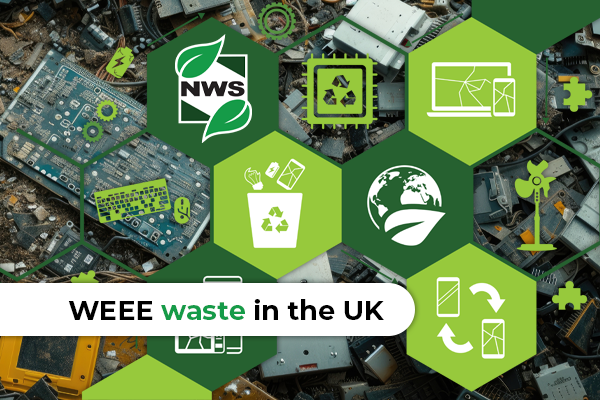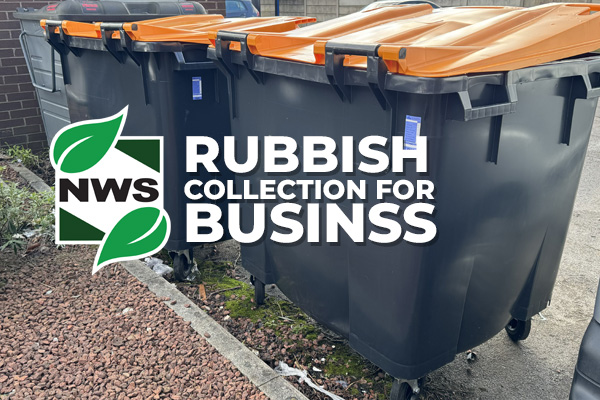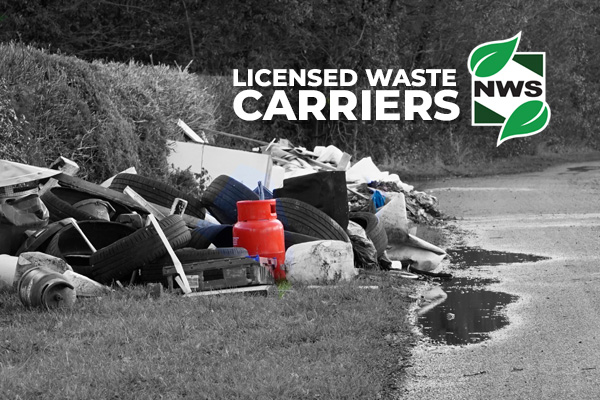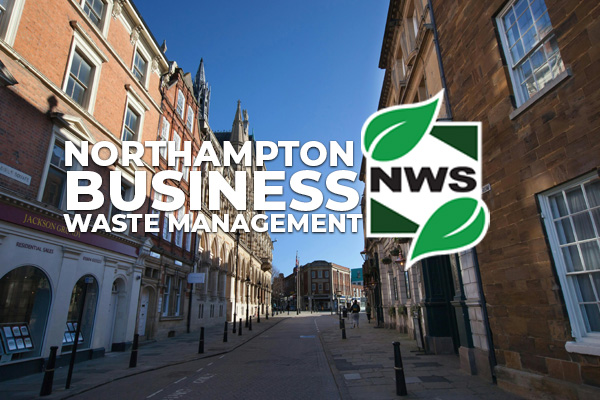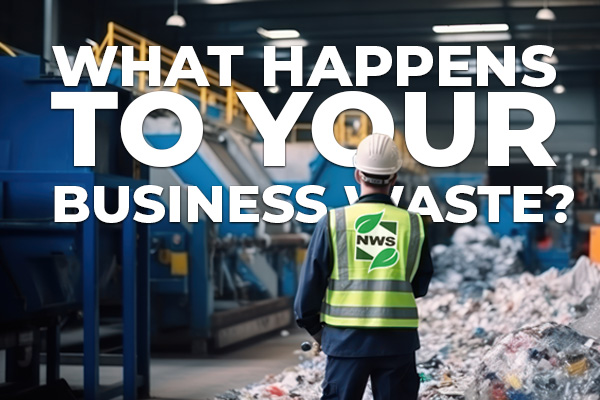Trommel fines are a significant byproduct of the screening process used in waste management and recycling industries. If you are in construction, demolition or civil engineering, you will understand what a Trommel fine is. However, this Nationwide Waste Services article aims to provide a comprehensive understanding of what they are, including their definition, origin, uses, and importance in various industries. By exploring their role and potential applications, we can better appreciate the value and their significance.
Definition and Origin of Trommel Fines:
Trommel fines are the small, fine particles that pass through the rotating cylindrical screen known as a trommel. The trommel screen is used to separate larger materials from smaller ones during the waste sorting and recycling process. As the waste material is screened and sorted, the finer particles that fall through the mesh become trommel fines. These fines are typically composed of materials such as soil, sand, dust, and small fragments of organic and inorganic waste.
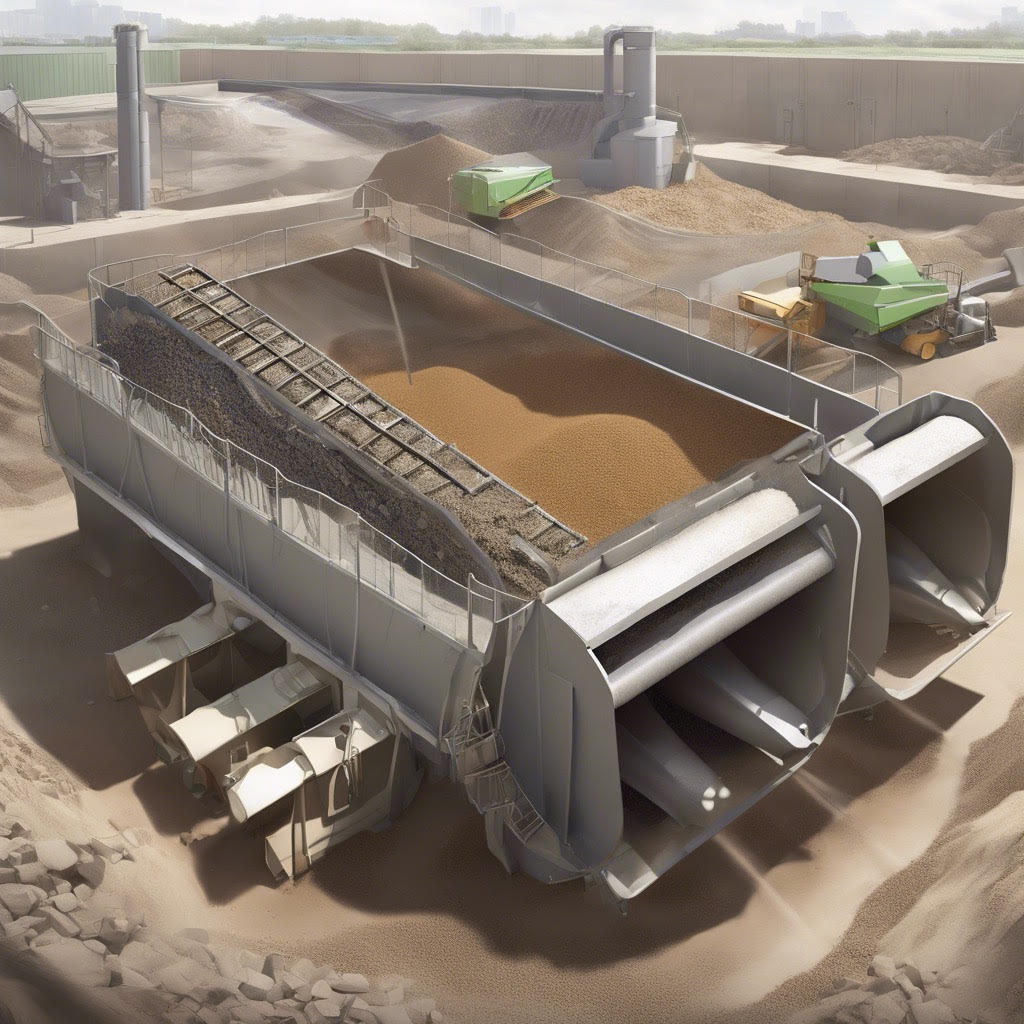
Sources of Trommel Fines
They are primarily generated in waste management facilities, recycling centers, and construction sites. In waste management facilities, they are produced during the sorting and screening of mixed waste, where larger materials are separated from smaller ones. Recycling centers also generate fines when processing different types of recyclable materials, such as paper, plastics, and metals. Additionally, construction sites produce trommel fines as part of the demolition and screening processes.
Uses of Trommel Fines
Despite being considered a waste byproduct, fines possess several valuable uses across various industries. Some common applications of trommel fines include:
Landfill Cover fines can be used as a cost-effective alternative to traditional landfill cover materials. By placing a layer of trommel fines over waste materials in landfills, it helps to prevent odors, control dust, and reduce the risk of fire outbreaks. This application also facilitates the reclamation and rehabilitation of landfill sites.

Road Construction Trommel fines, when appropriately processed and treated, can be used as a component in road construction. They can be blended with other materials, such as aggregates and binders, to create sub-base layers or fill materials for road infrastructure projects. This application not only helps to reduce the demand for natural resources but also provides a sustainable solution.
Soil Improvement Trommel fines can be utilised as a soil amendment or additive to improve soil quality and fertility. When mixed with compost or organic matter, fines can enhance soil structure, water retention, and nutrient availability. This makes them valuable for landscaping, gardening, and agricultural purposes, aiding in the growth of plants and improving overall soil health.
Energy Recovery In some cases, fines can be processed further to extract valuable components for energy recovery. Depending on their composition, fines can be used as a fuel source in waste-to-energy facilities, helping to generate heat and electricity. This contributes to the sustainable management of waste and reduces reliance on fossil fuels.
Importance of Trommel Fines
Fines play a crucial role in waste management and recycling processes. By effectively separating and recovering smaller particles from larger materials, they help to optimise the recycling efficiency and quality of recovered materials. Furthermore, the proper management and utilisation of the fines contribute to:
Environmental Sustainability By finding beneficial applications for fines, we reduce the volume of waste sent to landfills and minimise the environmental impact of waste disposal. Utilising trommel fines in road construction and soil improvement reduces the need for extracting virgin materials, conserving natural resources and reducing greenhouse gas emissions associated with their production.
Economic Value fines, when used in road construction and other applications, provide cost-effective alternatives to traditional materials. This can lead to cost savings for construction projects and waste management operations. Additionally, the recovery of valuable components from fines for energy generation adds economic value to the waste management process.
Circular Economy Incorporating trommel fines into various applications contributes to the principles of a circular economy. By reusing and repurposing waste materials, we create a closed-loop system that minimises waste generation and maximises resource efficiency.
In Summary
The fine particles generated during the screening process, have significant importance and potential uses in various industries. From landfill cover to road construction, soil improvement, and energy recovery, fines offer sustainable solutions for waste management and resource conservation. By recognising the value and importance of trommel fines, we can promote a more sustainable and efficient approach to waste management while reducing environmental impact and fostering a circular economy.
References
1. “Trommel Fines in Road Construction.” Waste Management World.


